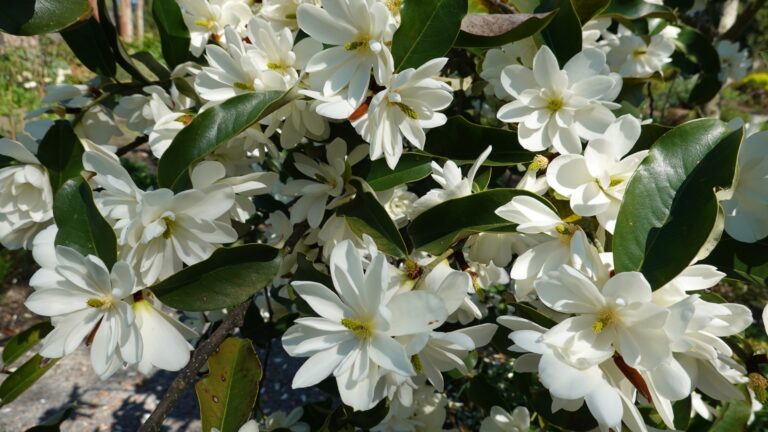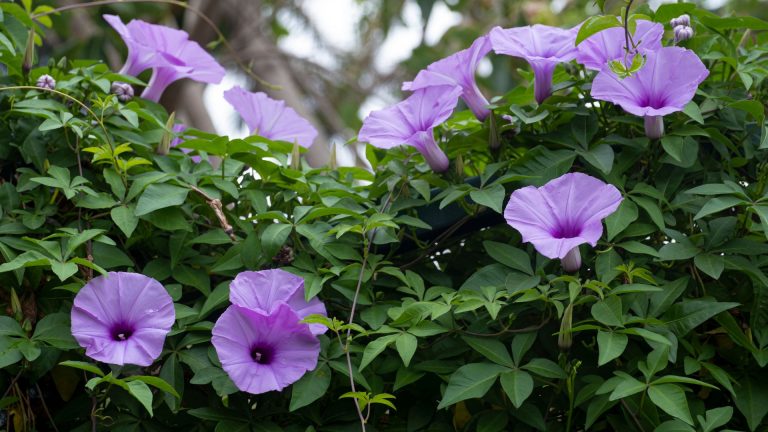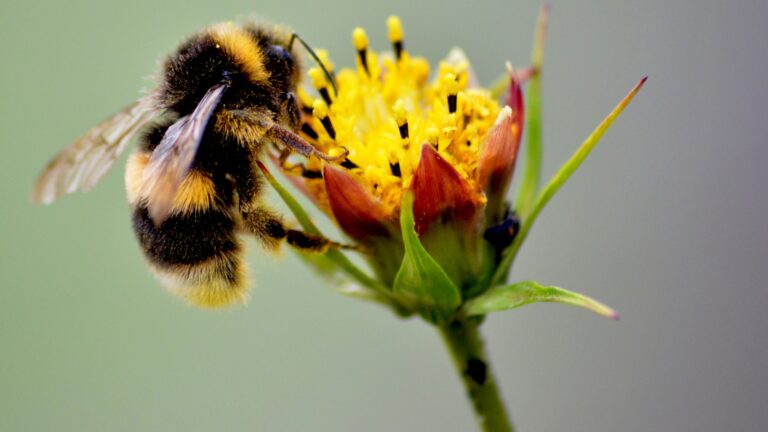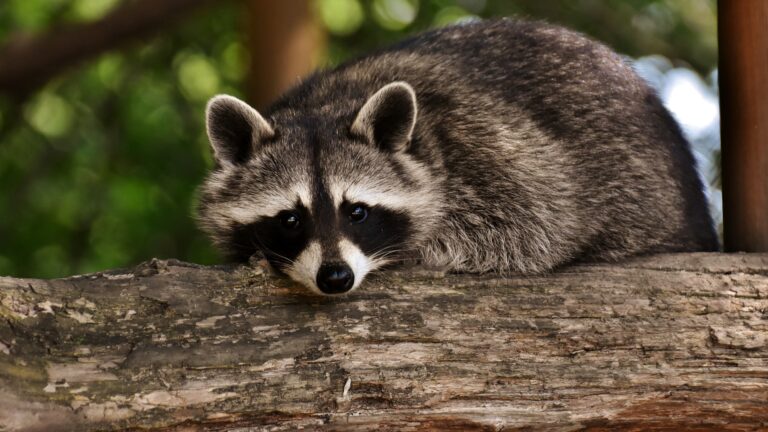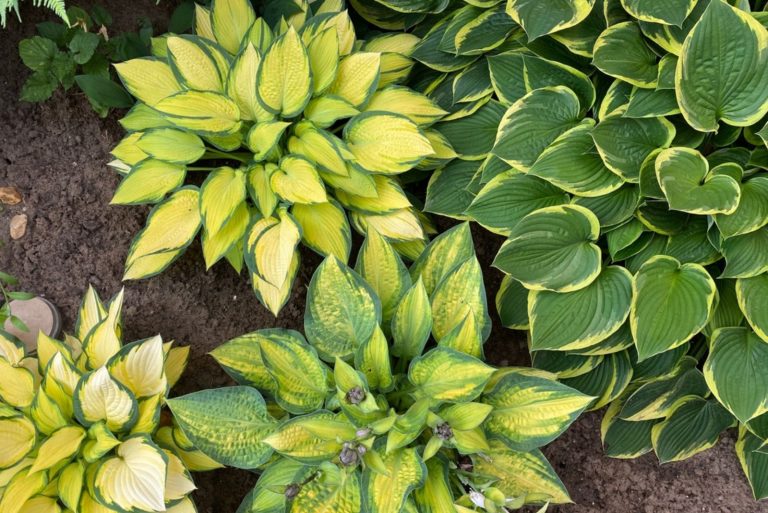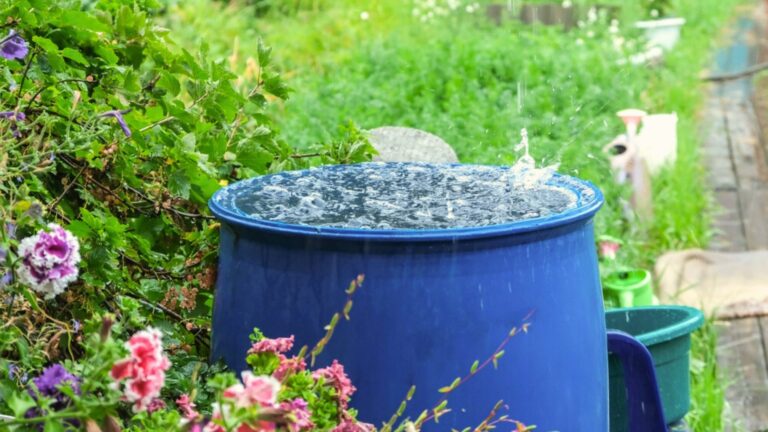15 Plants That Boost Soil Nitrogen To Plant With Your Veggies (Plus 7 That Go The Extra Mile)
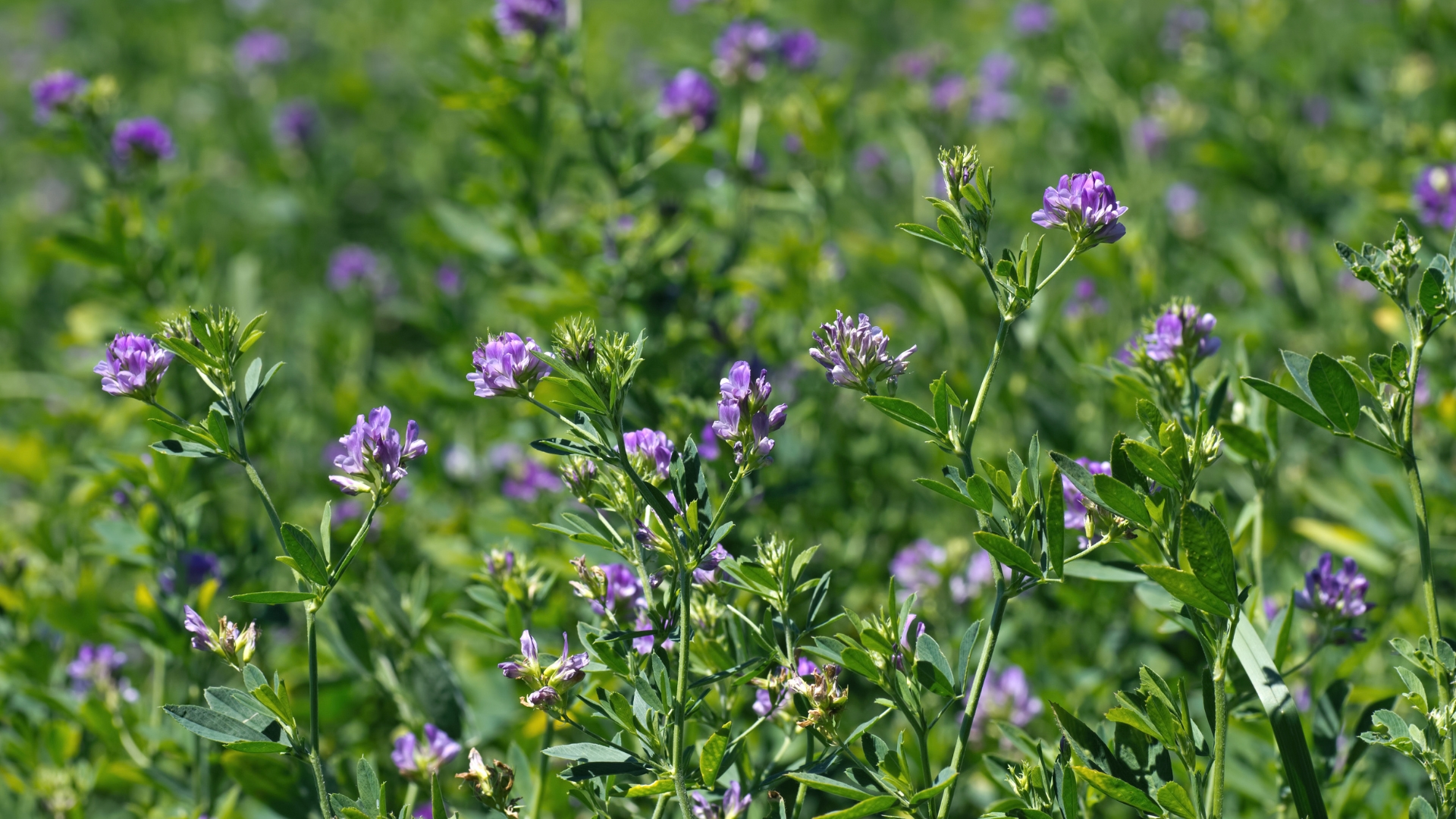
Gardening enthusiasts know the secret to thriving vegetable gardens often lies beneath the surface. The soil, rich in nutrients, acts as a plant’s pantry, offering everything from vitamins to minerals. Among these, nitrogen is a superstar, essential for lush foliage and vigorous growth. While chemical fertilizers can offer a quick fix, nature provides its green helpers in the form of plants that naturally boost soil nitrogen. Planting these alongside your vegetables not only nourishes the soil but also establishes a sustainable ecosystem that benefits your entire garden.
1. Clover
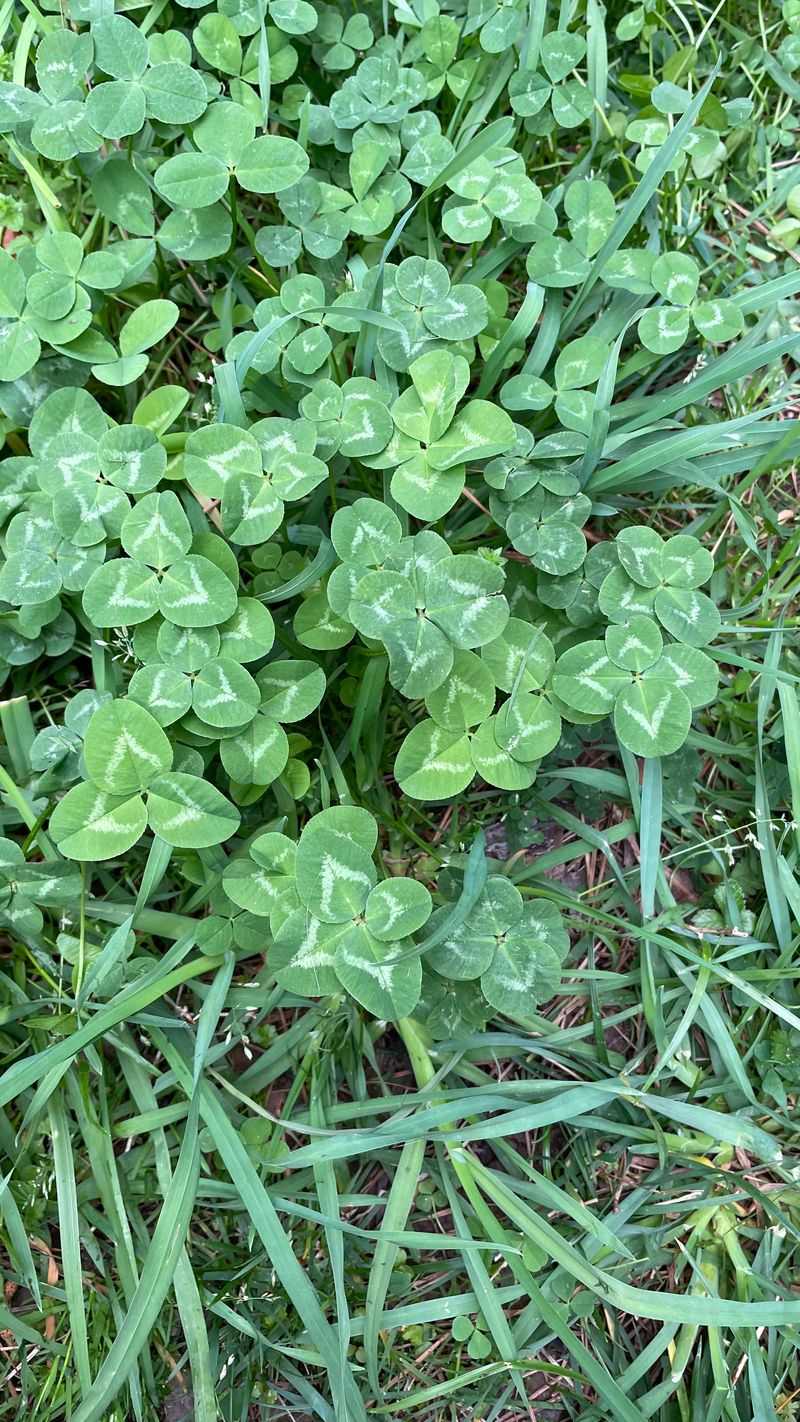
Often seen as a simple ground cover, clover is actually a powerhouse for enhancing soil nitrogen. Its trifoliate leaves are not just lucky charms; they’re tiny factories capturing nitrogen from the air. By fixing it into the soil, clover nourishes other plants around it. This natural enrichment supports healthy foliage, turning your garden into a green paradise.
Clover grows densely, offering a soft carpet underfoot, and its blossoms provide nectar for bees. This blend of utility and beauty makes clover a favorite among eco-conscious gardeners looking to boost garden vitality.
For those seeking an easy-care companion, clover requires minimal maintenance. It thrives in a variety of conditions, making it as versatile as it is beneficial. As an added bonus, its flowers add aesthetic appeal, drawing pollinators and enriching the visual tapestry of your garden.
2. Alfalfa
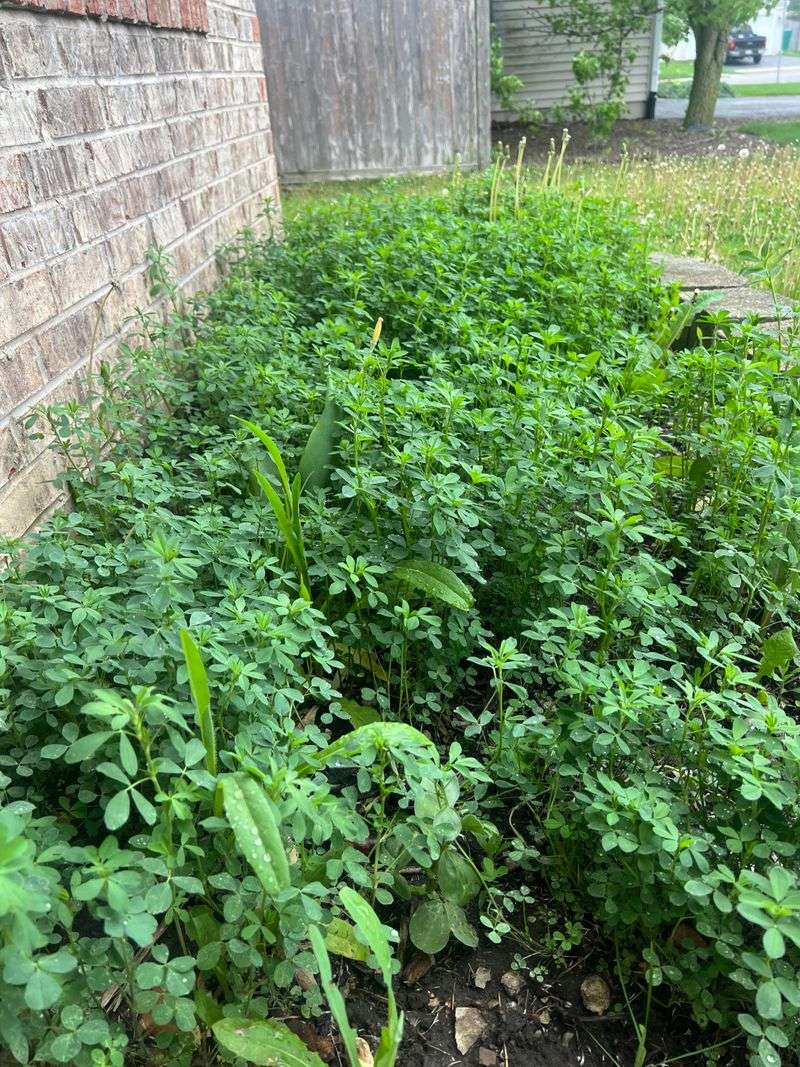
Alfalfa is more than just fodder; it’s an agricultural gem that enriches soil with vital nutrients. Known for its deep root system, alfalfa draws minerals from deep within the earth, making them accessible to other plants. This process builds a robust foundation of fertility in your garden.
Beyond its role in soil improvement, alfalfa’s purple blooms attract a variety of beneficial insects, enhancing biodiversity. Its ability to thrive across different climates and soil types makes it a gardener’s ally in any setting.
By incorporating alfalfa into your planting scheme, you ensure vibrant growth and a rich tapestry of colors and life. It’s a low-maintenance addition that yields high returns, both visually and in soil health. Opt for alfalfa if you’re looking to create a thriving ecosystem.
3. Peas
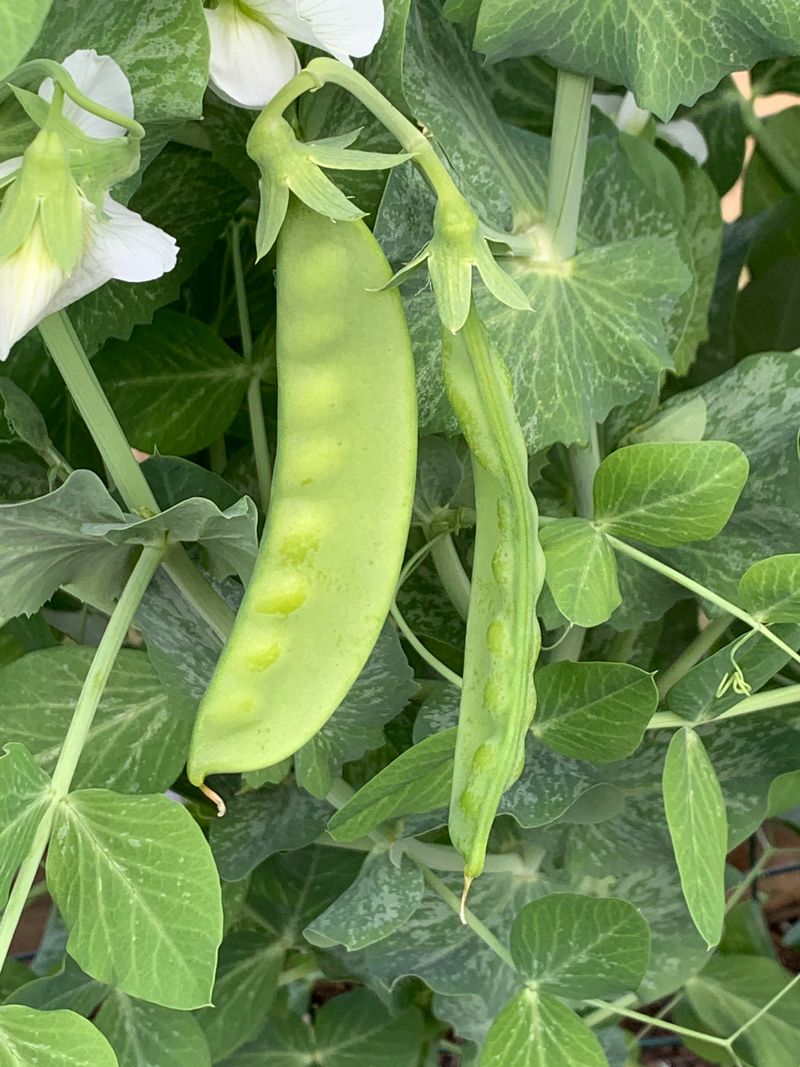
With their delicate tendrils and vibrant pods, peas do more than delight on the dinner table. They play a crucial role in enriching garden soils with nitrogen. Through a symbiotic relationship with soil bacteria, peas convert atmospheric nitrogen into a form plants can use.
This nitrogen-fixing ability makes peas a top companion plant, encouraging robust growth in vegetables like tomatoes and carrots. Beyond their nutritional contribution, pea plants are visually appealing, adding vertical interest to garden spaces.
Peas are easy to grow, requiring minimal intervention once established. Their cheerful blooms and sweet pods make them a dual-purpose plant—offering beauty and sustenance in equal measure. For gardeners seeking a dual benefit, peas are an excellent choice.
4. Beans
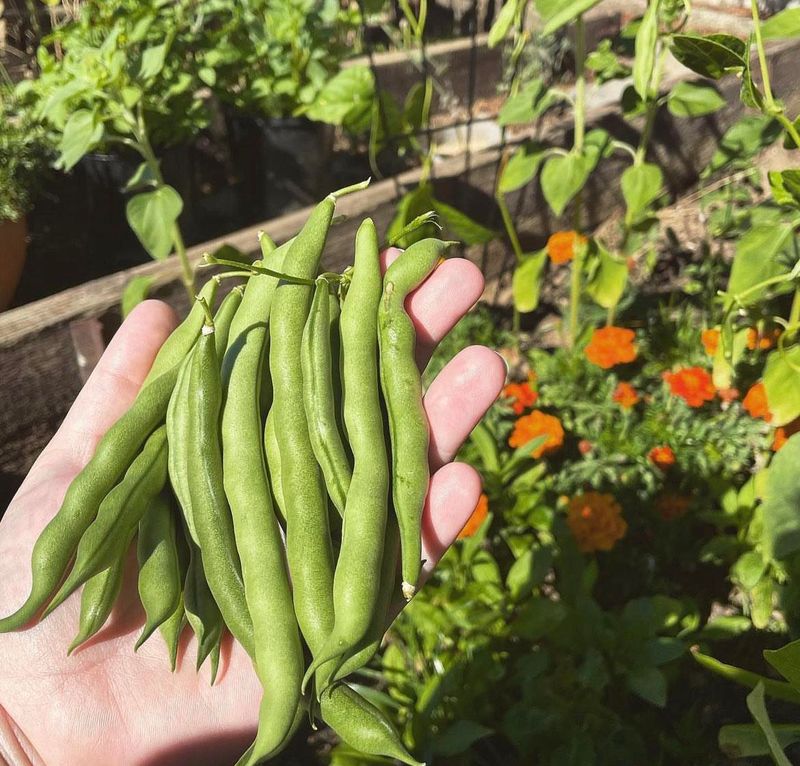
Whether they’re bush or pole varieties, beans are champions of nitrogen fixation. These humble plants work tirelessly to enrich the soil, partnering with rhizobia bacteria to convert atmospheric nitrogen into a usable nutrient. This natural fertilization process supports the growth of neighboring plants.
In addition to their soil benefits, beans are prolific producers, offering a bounty of pods that can be enjoyed fresh or dried. Their growth habit provides shade and support for other garden residents, enhancing the garden’s microclimate.
For those looking to boost their vegetable yield while improving soil health, beans are an essential addition. Their versatility in the kitchen and the garden alike ensures they remain a staple in sustainable gardening practices.
5. Vetch
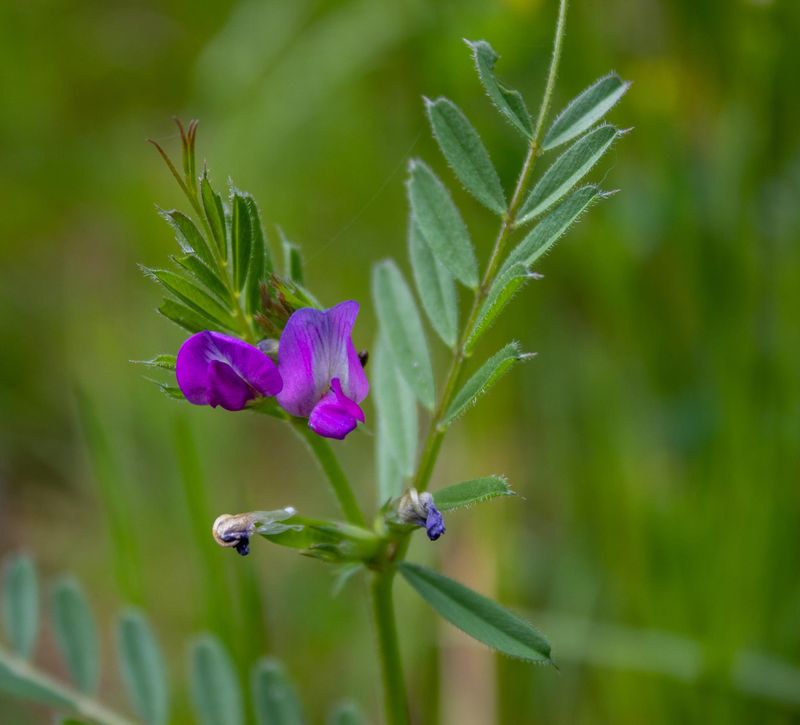
Here comes a versatile cover crop that enriches soil with nitrogen. Vetch is a valuable addition to any vegetable garden. Its sprawling nature covers and protects the soil, minimizing erosion while adding organic matter. Vetch’s nitrogen-fixing capabilities enhance soil fertility naturally.
The bright purple flowers of vetch are more than just decorative; they attract pollinators, boosting biodiversity. Its ability to thrive in poor soils makes it a resilient choice for challenging garden environments.
Incorporating vetch into your garden helps build a more sustainable ecosystem. Its easy growth and contribution to soil health make it a favorite among gardeners looking to improve their land naturally. Vetch is truly a gardener’s ally in pursuing a greener garden.
6. Lupine
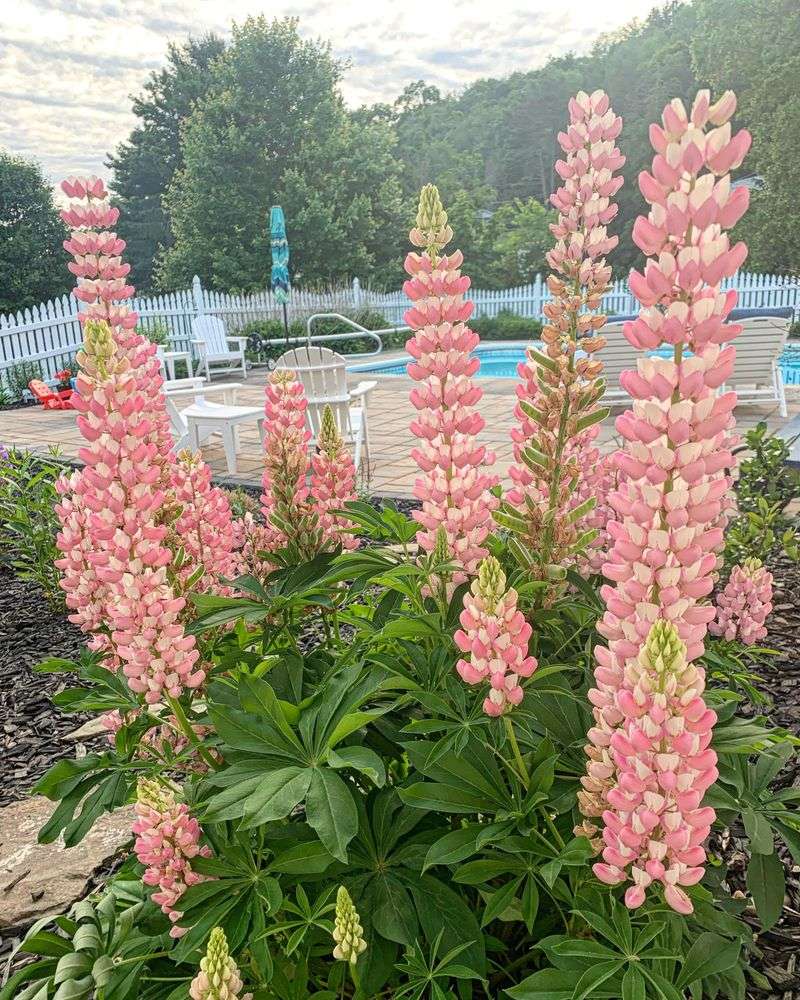
Lupines, with their striking spires of blue and purple flowers, are not just garden showpieces; they’re nitrogen-fixing marvels. By converting atmospheric nitrogen into a form plants can use, lupines enrich the soil, supporting the growth of their garden companions.
These plants thrive in well-drained soil and full sunlight, making them ideal for borders and wildflower gardens. Their presence adds vertical interest and a burst of color, attracting bees and butterflies.
Lupines offer both aesthetic and practical benefits, enhancing soil health while beautifying garden spaces. For those seeking a plant that performs double duty, lupines are an excellent choice, combining ornamental charm with ecological value.
7. Soybeans
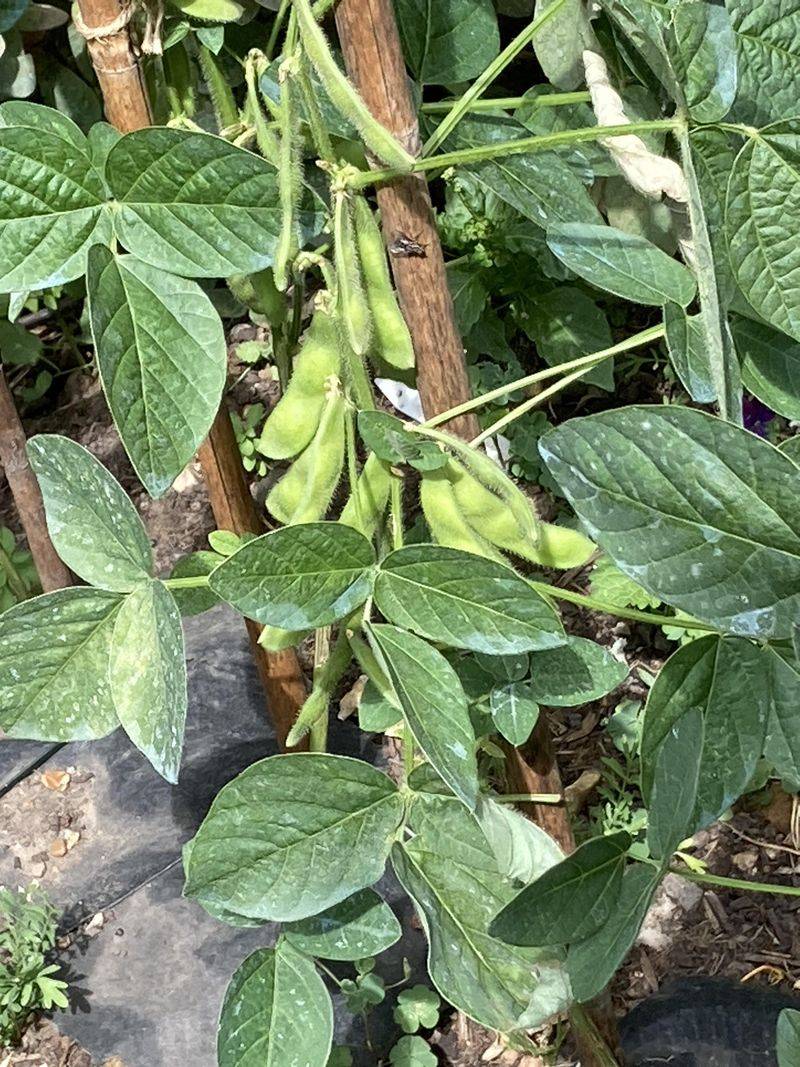
Did you know that soybeans are gricultural powerhouses known for their ability to fix nitrogen in the soil?These plants partner with bacteria to convert nitrogen from the air into compounds that enrich soil fertility. This natural process supports the growth of various vegetables.
In addition to their soil benefits, soybeans are versatile in the kitchen, offering a protein-rich addition to meals. Their lush foliage and compact size make them suitable for small garden spaces as well as larger plots.
Growing soybeans is straightforward, requiring little more than sunlight and water. Their contribution to soil health and culinary versatility makes them a valuable addition to any garden focused on sustainability and productivity.
8. Red Clover
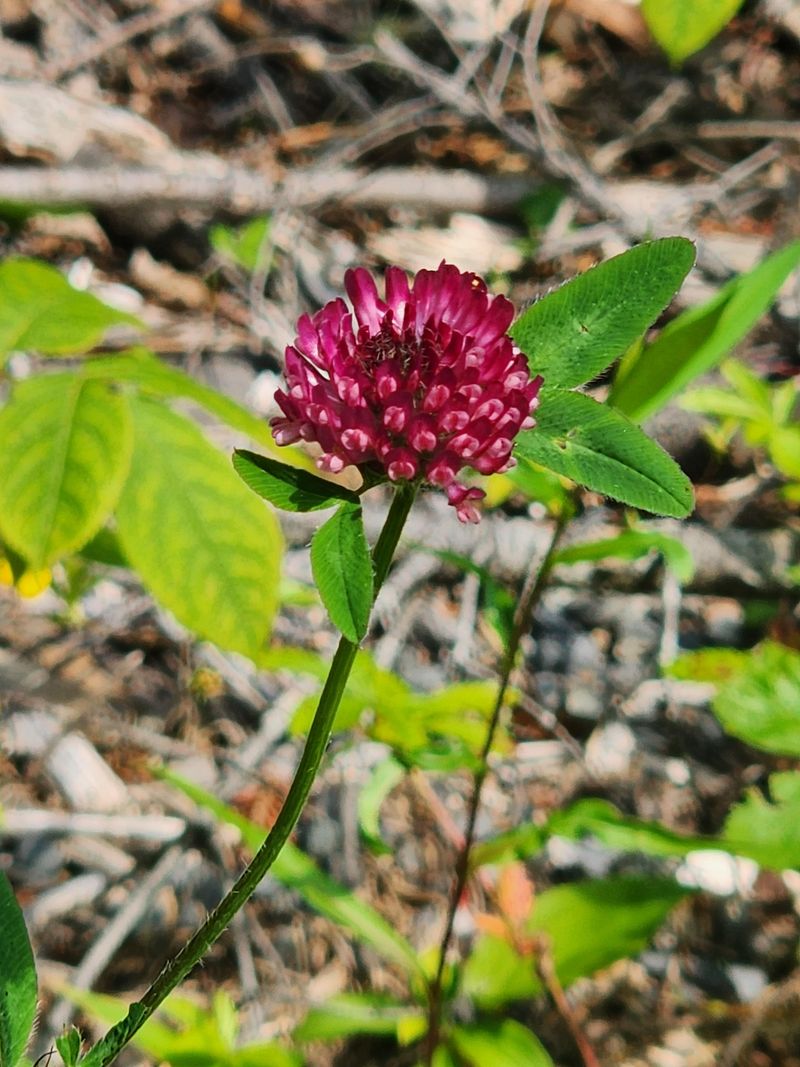
With its vibrant magenta blooms, red clover is more than a pretty face in the garden. It’s a nitrogen-fixing powerhouse that improves soil fertility and texture. By fixing atmospheric nitrogen, red clover enriches the soil, making it more productive for vegetable growth.
This plant is particularly effective in rotation with vegetables, as it breaks pest cycles and adds organic matter to the soil. Its flowers attract pollinators, enhancing biodiversity and ensuring a vibrant garden ecosystem.
Red clover’s ease of growth and soil-enhancing properties make it an ideal choice for gardeners looking to improve soil health naturally. It’s a colorful and beneficial addition to any vegetable garden.
9. Fava Beans
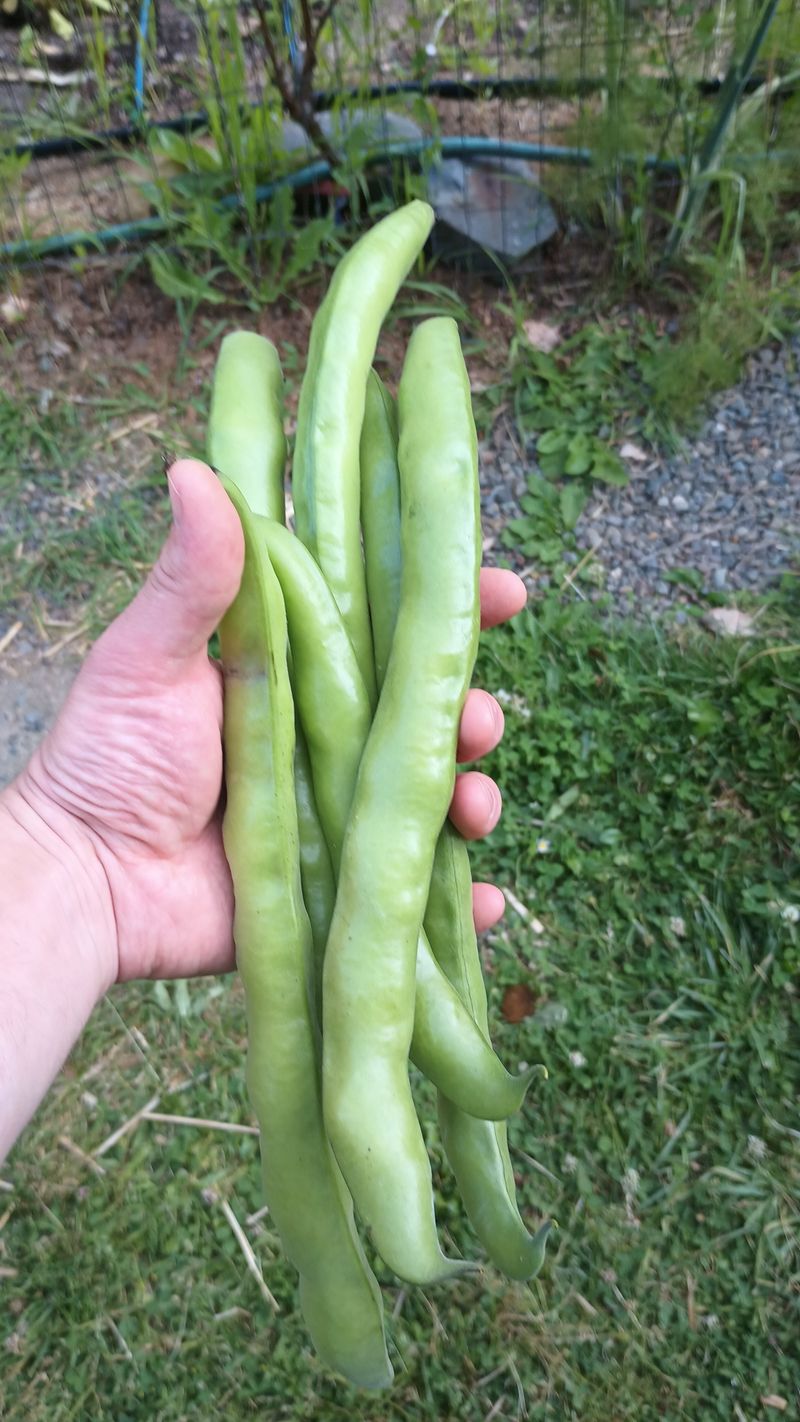
Fava beans are more than just a culinary delight; they’re champions of soil enrichment. These hardy plants fix nitrogen in the soil, bolstering the growth of neighboring vegetables. Their broad leaves and sturdy stems add texture to garden layouts.
Fava beans are particularly beneficial in cooler climates, where they extend the growing season. Their flowers attract a variety of pollinators, fostering a more dynamic garden ecosystem.
Incorporating fava beans into your garden not only enhances soil fertility but also adds a delicious crop to your menu. Their dual role in nourishment and nitrogen fixation makes them a valuable asset for sustainable gardening.
10. Bird’s Foot Trefoil
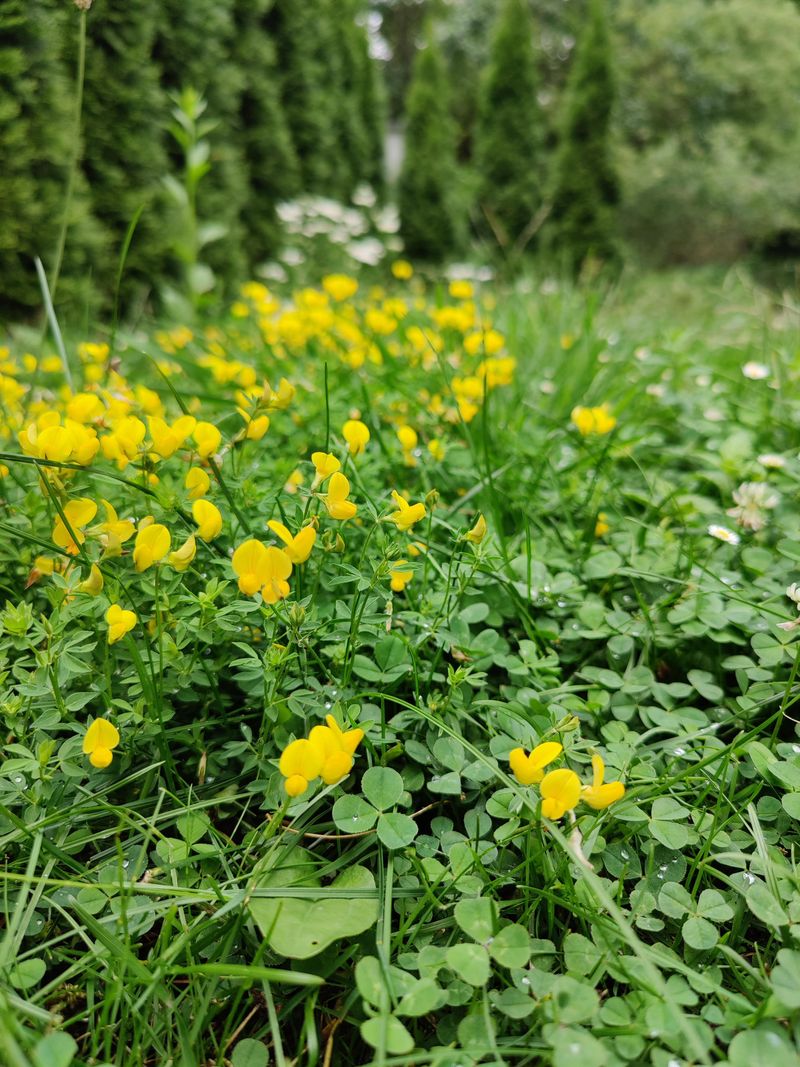
This plant enriches soil naturally, supporting the growth of vegetables by improving fertility. It thrives in diverse conditions, from roadside ditches to cultivated gardens, showcasing its adaptability.
The flowers are not only attractive but also attract bees and other pollinators, enhancing biodiversity.
For gardeners seeking a low-maintenance, soil-enhancing plant, bird’s foot trefoil is an excellent choice. Its vibrant blooms and ecological benefits make it a standout in sustainable gardening practices.
11. Sesbania

Sesbania is a tropical wonder that doubles as a nitrogen-fixing powerhouse. This plant’s ability to enrich the soil makes it a valuable ally in vegetable gardens. Its tall, slender stems are adorned with delicate yellow flowers that add a touch of elegance.
Beyond its soil benefits, sesbania thrives in warm climates, making it ideal for tropical regions. Its rapid growth and minimal care requirements appeal to gardeners seeking quick results.
Incorporating sesbania into your garden plan fosters a vibrant and fertile environment. Its dual function of beautifying spaces and enhancing soil lays the groundwork for a bountiful vegetable harvest.
12. Austrian Winter Peas
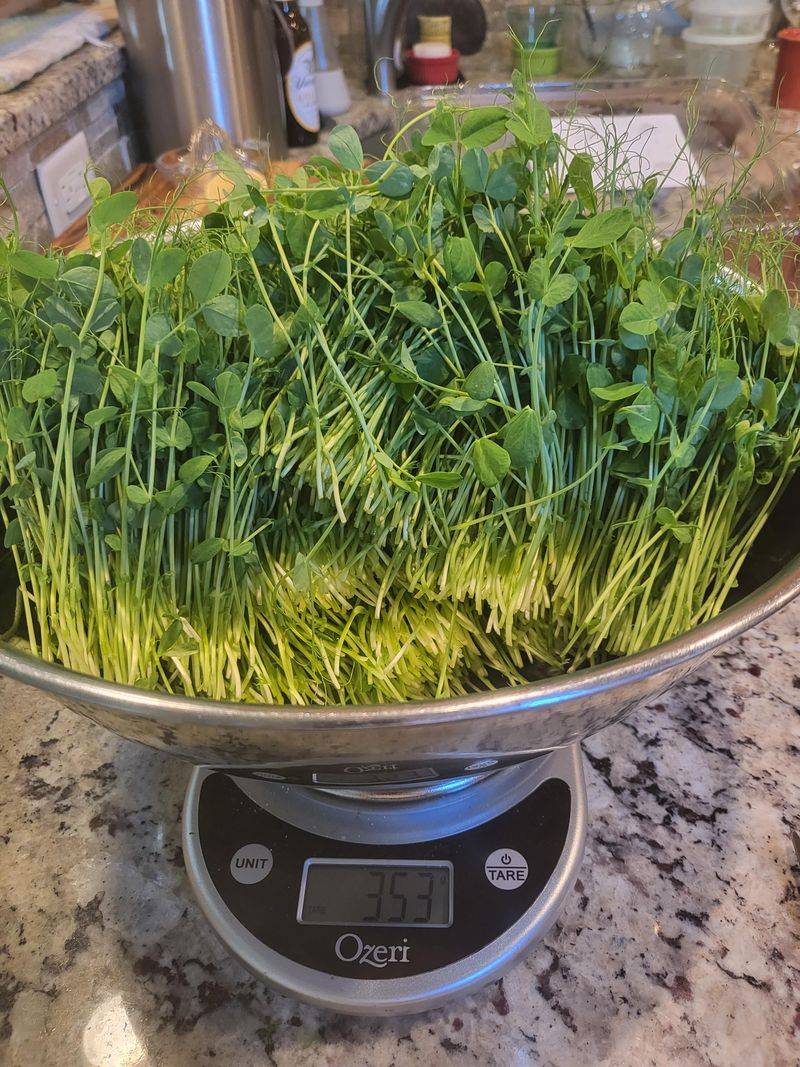
Thriving when few others can! These are definitely words I use to describe Austrian winter peas. These peas fix nitrogen in the soil, setting the stage for a productive growing season come spring. Their lush, green tendrils stand out against the winter landscape, offering a splash of color.
In addition to their soil-enriching abilities, they provide ground cover that protects the soil from erosion. The blossoms attract pollinators, ensuring a healthy garden ecosystem.
For those looking to enhance their garden’s winter resilience and soil fertility, Austrian winter peas are a smart choice. They bring life to the garden when most plants are dormant.
13. Sweet Clover
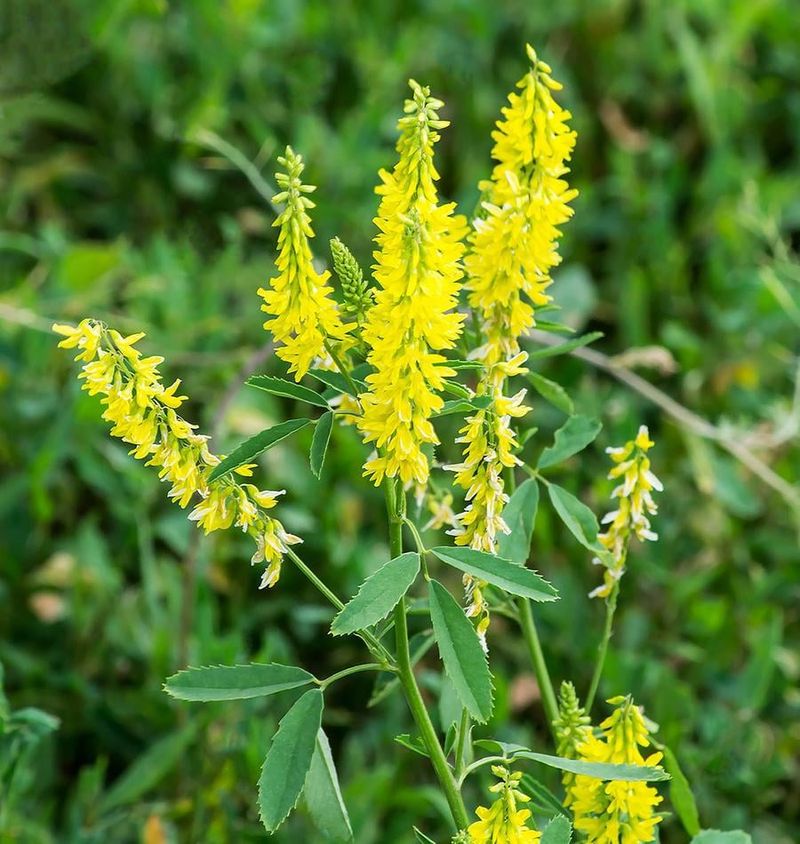
Sweet clover is a stalwart in soil improvement, renowned for its nitrogen-fixing abilities and sweet-scented blooms. As its roots delve deep into the soil, it draws up essential nutrients, enriching the ground for future plantings.
The fragrant yellow flowers of sweet clover are a magnet for bees and butterflies, enhancing your garden’s biodiversity. This plant thrives in various soil conditions, making it a versatile choice for gardeners.
Adding sweet clover to your garden rotation ensures an enriched soil foundation and a vibrant ecosystem. It’s a natural choice for those seeking to combine beauty with practicality in their gardening efforts.
14. Pigeon Pea
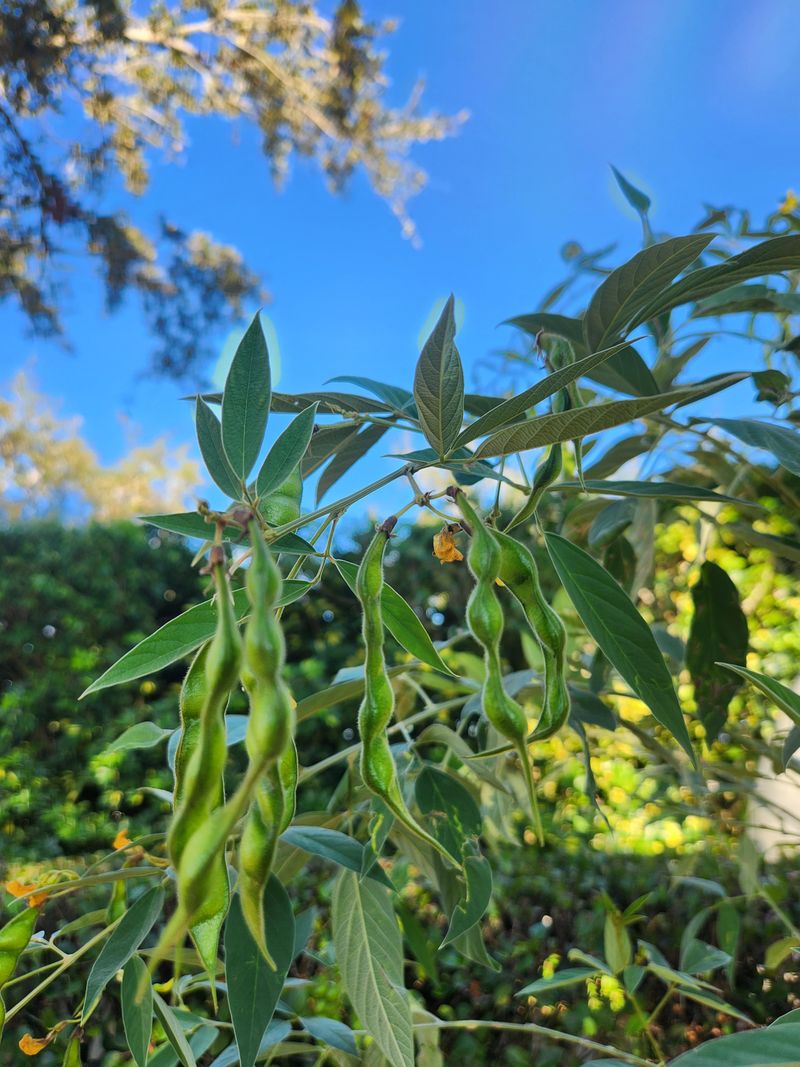
This plant not only enhances soil fertility but also provides a nutritious crop. Its lush foliage and pods add texture and color to the garden.
In tropical regions, pigeon peas thrive with minimal care, making them ideal for low-maintenance gardens. Their flowers attract pollinators, further enriching the garden’s biodiversity.
For those looking to boost soil health and yield a nutritious harvest, pigeon pea is a standout choice. Its dual role in soil enrichment and food production makes it invaluable in sustainable gardening.
15. White Clover
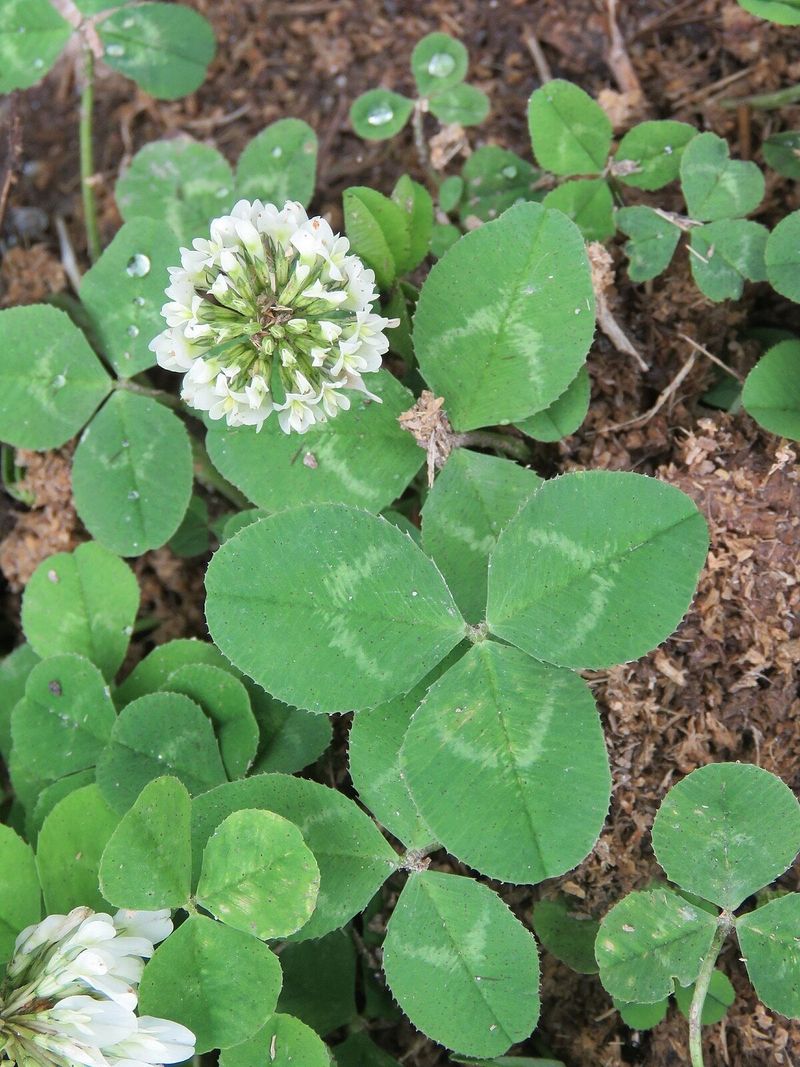
White clover is a trusted ally in soil health, celebrated for its nitrogen-fixing ability. Its dense growth habit covers the soil, reducing erosion and fixing atmospheric nitrogen into a form plants can use.
This plant thrives in a variety of conditions, making it adaptable to different garden environments. Its white flowers are not only pretty but also attract pollinators, enhancing garden biodiversity.
For gardeners seeking to improve soil fertility naturally, white clover is an excellent choice. Its ease of growth and ecological benefits make it a staple in sustainable gardening practices.
16. Sunn Hemp
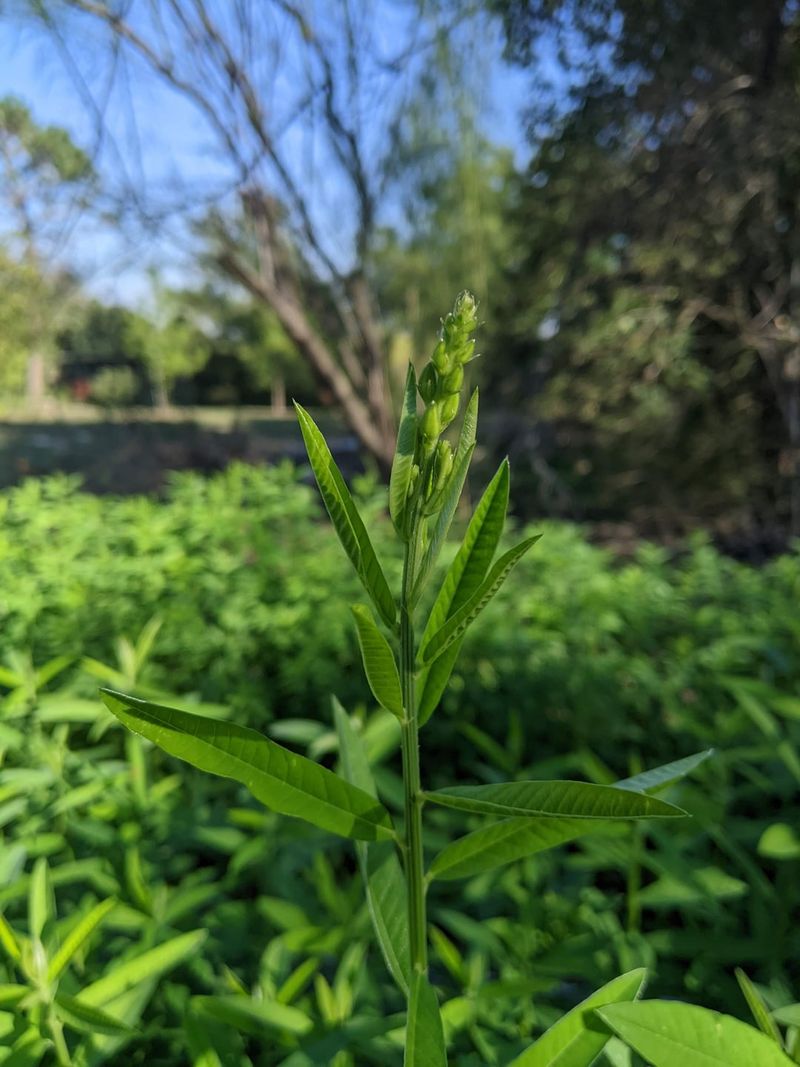
Well, Sunn hemp is not just a vibrant addition to the garden with its bright yellow flowers; it’s a superstar in boosting soil fertility. This plant fixes nitrogen effectively, enriching the soil and preparing it for future crops.
In tropical and subtropical climates, sunn hemp thrives, offering quick and substantial biomass that can be used as green manure. Its rapid growth and minimal care make it a favorite among gardeners.
The dual benefit of improving soil health and adding vibrant color makes sunn hemp a valuable asset in sustainable gardening. It’s a smart choice for those looking to enhance both beauty and productivity.
17. Fenugreek
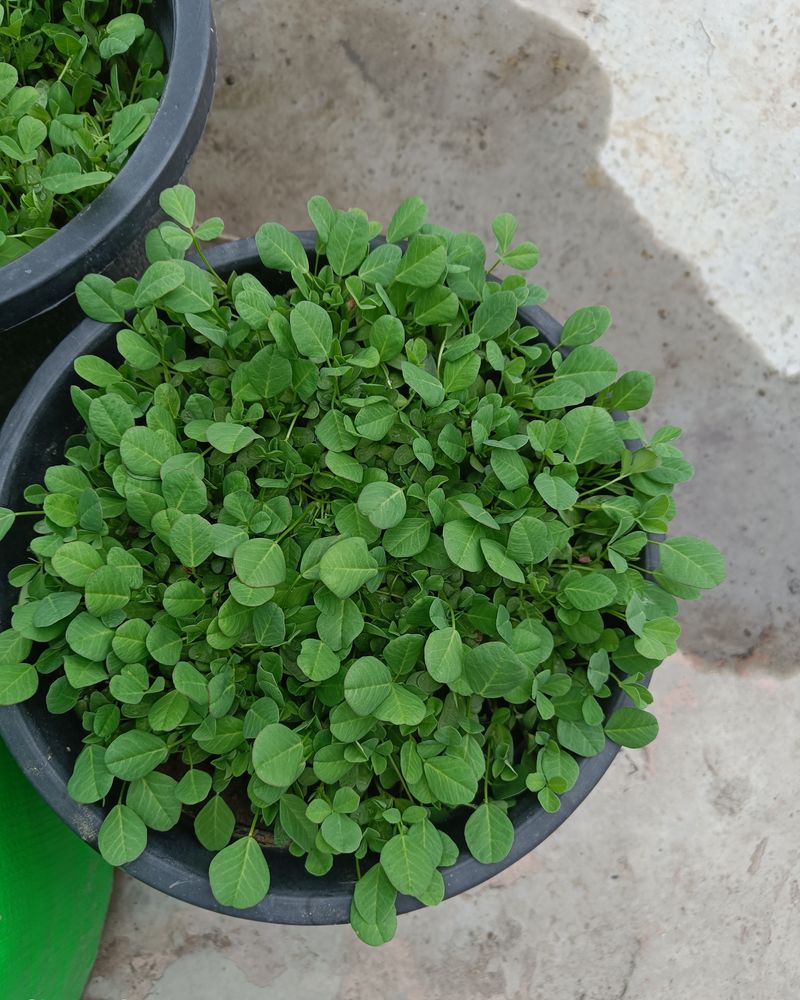
Fenugreek, often found in herb gardens, is a quiet contributor to soil health. Known for its nitrogen-fixing abilities, it enriches the ground, supporting the growth of neighboring plants. Its green leaves and slender pods add both nutrients and beauty to the garden.
Beyond its soil benefits, fenugreek is valued in the kitchen for its aromatic seeds and leaves. Its dual role as a spice and soil enhancer makes it a versatile choice for gardeners.
For those looking to combine culinary and gardening interests, fenugreek offers a unique opportunity. It’s a plant that nurtures both soil and senses, enhancing your garden in multiple ways.
18. Buffalo Bur

OK, this plant may seem an unlikely ally in the garden with its thorny appearance, but it hides a secret: nitrogen fixation. Buffalo bur plant enriches the soil naturally, offering a boost to other plants around it.
Its yellow flowers and distinctive foliage add character to wild garden spaces. While not traditionally cultivated, its nitrogen-fixing ability makes it a valuable part of a diverse ecosystem.
For those seeking to embrace natural gardening practices, buffalo bur can contribute to soil health in unexpected ways. It’s a testament to nature’s ability to surprise and sustain.
19. Indigofera
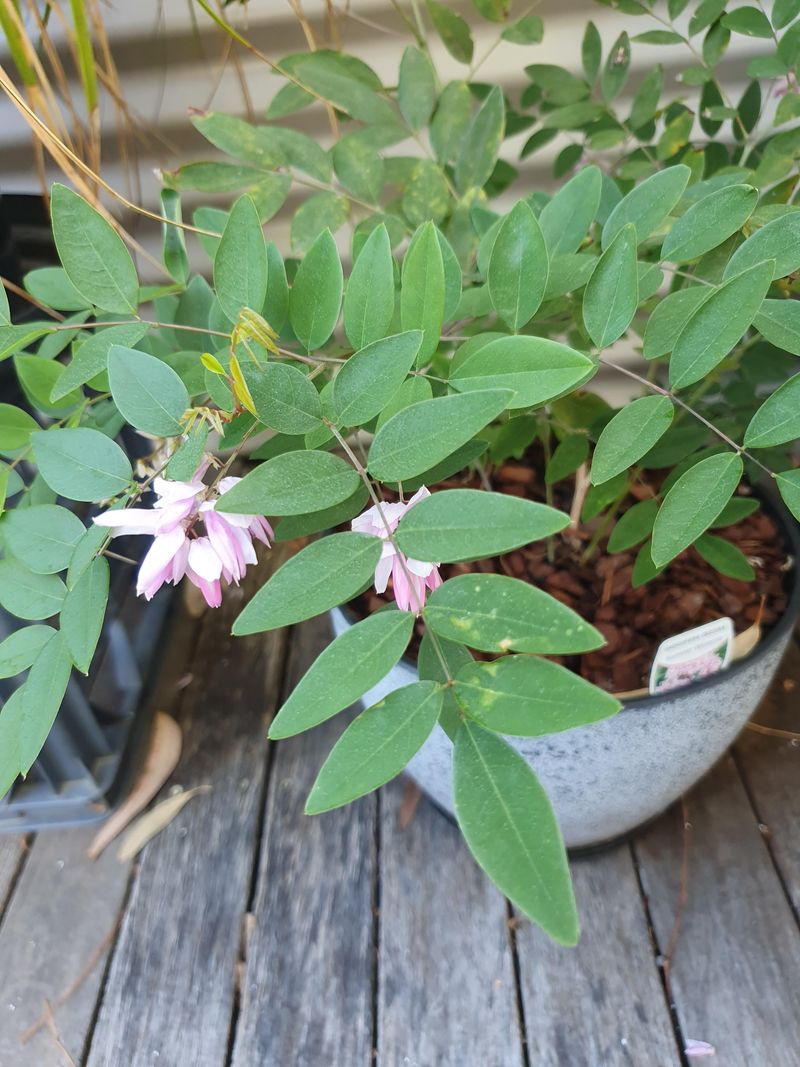
Indigofera is a versatile plant known for its nitrogen-fixing capabilities and beautiful pink flowers. This plant enriches the soil, making it more fertile for vegetable growth. Its lush, green foliage adds a touch of elegance to garden spaces.
Thriving in tropical and subtropical climates, Indigofera requires minimal care, making it an attractive choice for low-maintenance gardening. Its flowers attract pollinators, contributing to a healthy garden ecosystem.
For those looking to enhance both soil health and garden aesthetics, Indigofera is a perfect fit. It’s a plant that combines beauty with functionality, supporting sustainable gardening practices.
20. Crotalaria
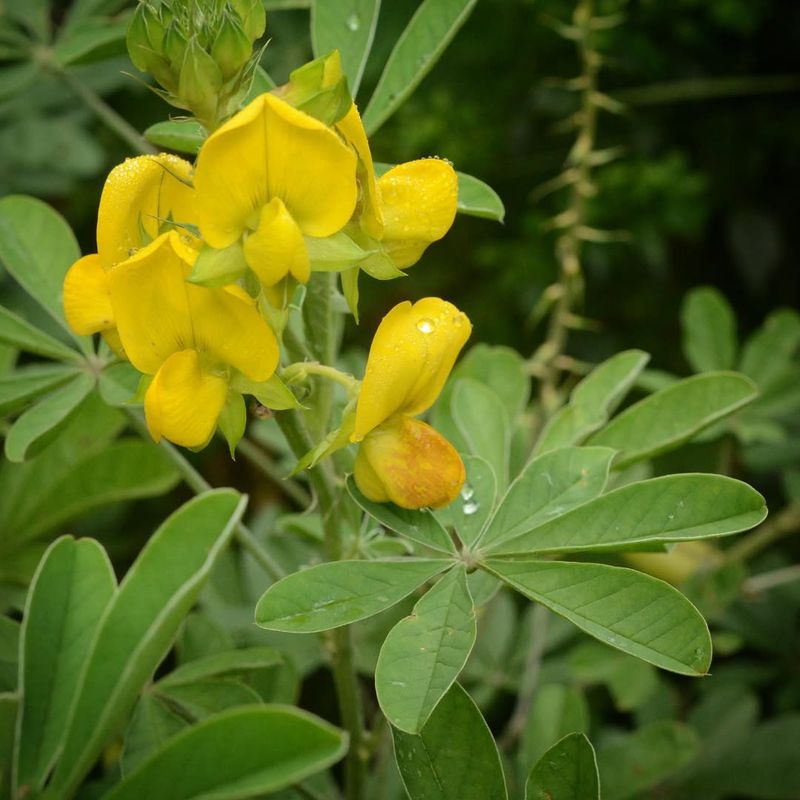
Crotalaria is a tropical treasure known for its nitrogen-fixing ability and vibrant yellow flowers. This plant enriches the soil, supporting the growth of productive vegetable gardens. Its lush green foliage provides an attractive backdrop for its colorful blooms.
Thriving in warm climates, crotalaria is a low-maintenance option for enhancing soil health. Its flowers attract pollinators, fostering a diverse garden ecosystem.
For gardeners aiming to combine beauty with utility, crotalaria is an excellent choice. It contributes to sustainable gardening by improving soil fertility and brightening garden spaces with its cheery blooms.
21. Lablab
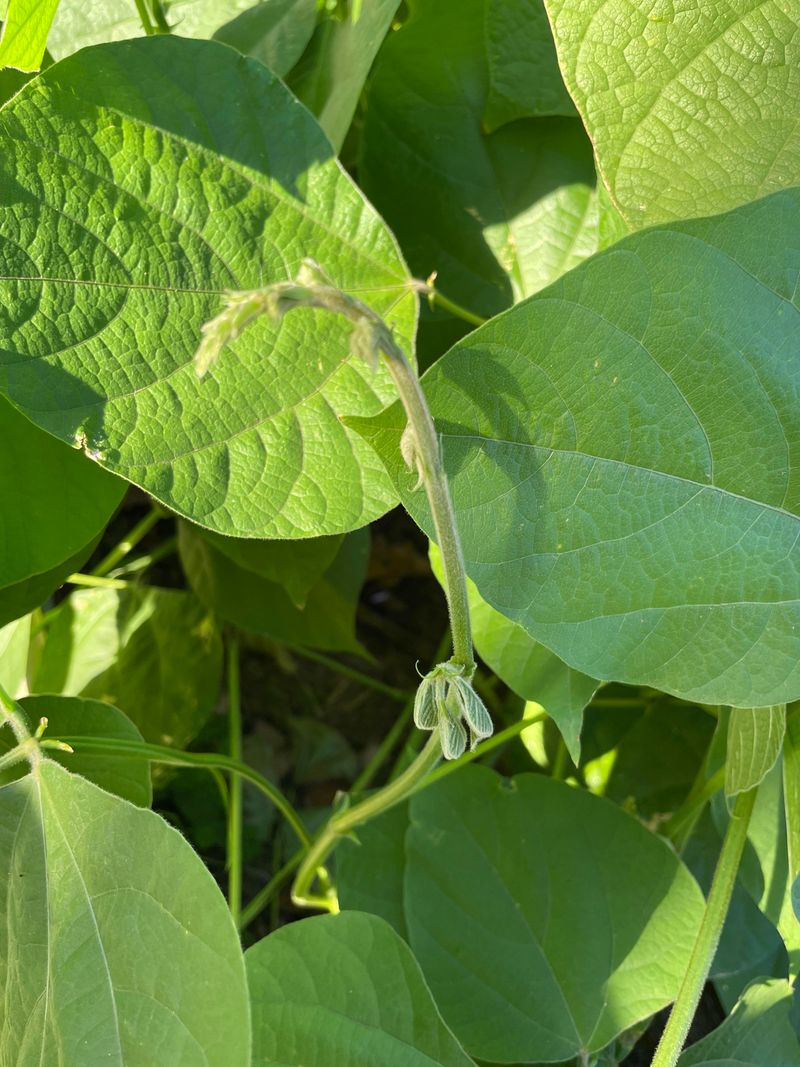
Hyacinth bean aka lablab, is a versatile plant that enhances soil with its nitrogen-fixing abilities. Its dense foliage and purple flowers add visual interest to any garden setting.
In addition to improving soil fertility, lablab offers edible beans and leaves, making it a dual-purpose plant. It thrives in warm climates, where it can quickly cover and enrich the soil.
For gardeners seeking both beauty and utility, lablab is an ideal choice. Its contribution to soil health and its role in the kitchen make it a valuable addition to sustainable garden practices.
22. Peanut Plant
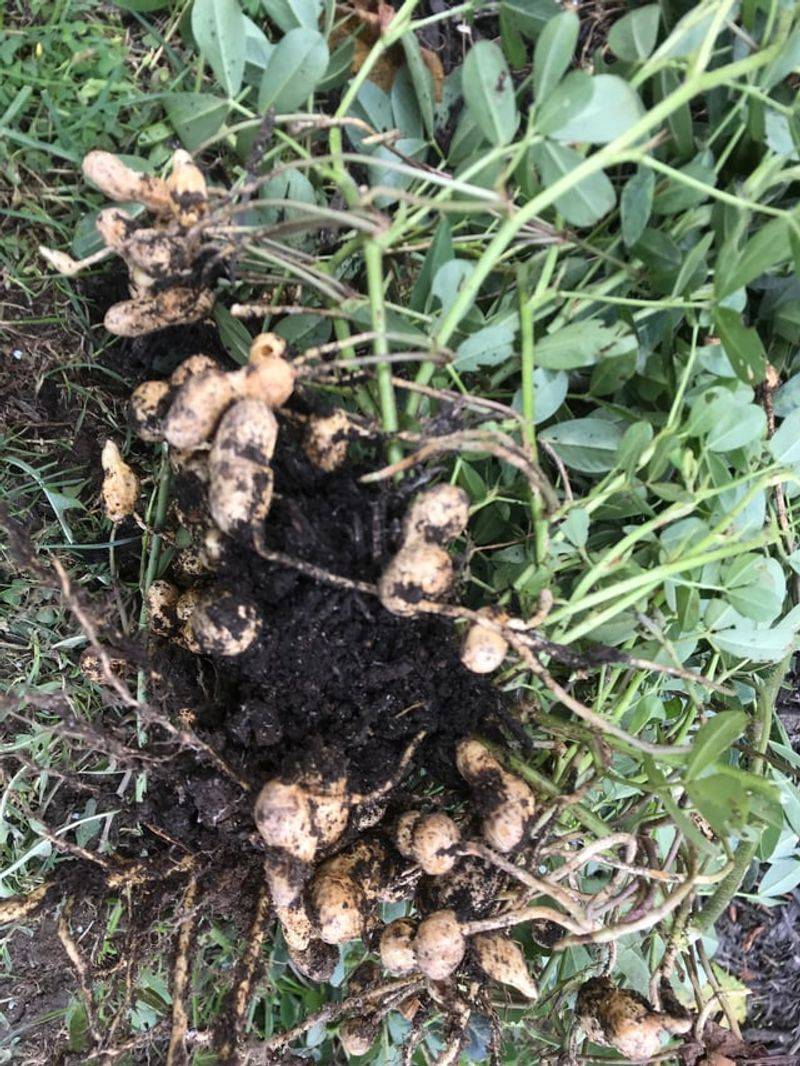
The humble peanut plant is a surprising ally in improving soil fertility. It fixes nitrogen and provides essential nutrients to the soil, supporting the growth of other plants.
Beyond its soil benefits, the peanut plant offers a tasty harvest, making it a favorite among gardeners. Its lush foliage and underground pods add a unique dimension to garden spaces.
By incorporating peanut plants into your garden, you enrich the soil and enjoy a delicious crop. It’s a delightful combination of practicality and pleasure, enhancing sustainable gardening efforts.

